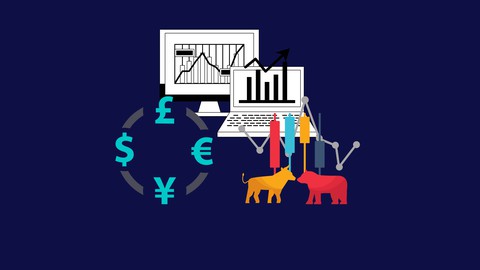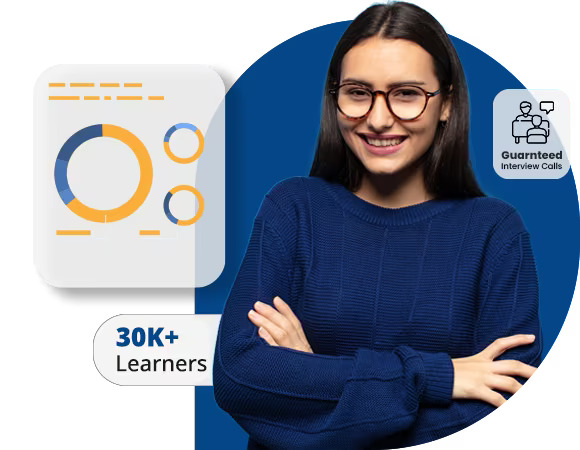
Dive into the world of educational blocks – a versatile tool for fostering creativity and critical thinking in children. Looking for ways to enhance learning experiences? Educational blocks are the answer. With endless possibilities awaiting at your fingertips, these simple yet powerful tools hold the key to unlocking a child’s imagination. Engage, inspire, and watch as young minds flourish through the magic of educational blocks. Step into a realm where learning knows no bounds – all thanks to the incredible potential of educational blocks.
Educational Blocks: Building a Strong Foundation for Learning
Education is often likened to building a house. Just as a sturdy foundation is essential for a strong and lasting structure, educational blocks are the building blocks of knowledge that lay the groundwork for a child’s academic success. In this comprehensive guide, we will delve into the world of educational blocks, exploring their importance, benefits, types, and how they can be effectively used to support learning and development.
The Importance of Educational Blocks
Blocks are not just toys; they are powerful tools that facilitate learning and development in various domains. Here’s why educational blocks play a crucial role in a child’s educational journey:
- Enhancing cognitive skills: By playing with blocks, children engage in spatial reasoning, problem-solving, and critical thinking, which are essential cognitive skills.
- Promoting creativity: Blocks encourage children to think outside the box, experiment with different structures, and unleash their creativity.
- Developing fine motor skills: Handling blocks, stacking them, and building structures help children hone their fine motor skills and hand-eye coordination.
- Encouraging teamwork and communication: When children build together, they learn to collaborate, communicate ideas, and work as a team.
The Benefits of Using Educational Blocks
Utilizing educational blocks in learning environments offers a myriad of benefits that support holistic development. Some key advantages include:
- Hands-on learning: Blocks provide a hands-on learning experience that enhances retention and understanding of concepts.
- Multi-sensory engagement: Through touching, feeling, and manipulating blocks, children engage multiple senses, making learning more immersive.
- Open-ended play: Blocks offer limitless possibilities, allowing children to explore, create, and innovate without constraints.
- Encouraging persistence: Building with blocks requires patience and perseverance, teaching children the value of perseverance and resilience.
Types of Educational Blocks
There is a wide array of educational blocks available, each serving different purposes and catering to diverse learning needs. Some common types of educational blocks include:
1. Wooden Blocks
Traditional and timeless, wooden blocks are sturdy and durable, encouraging children to build stable structures.
2. Foam Blocks
Soft and lightweight, foam blocks are ideal for young children as they are safe to handle and manipulate.
3. Magnetic Blocks
Featuring magnets for easy connectivity, magnetic blocks add an element of fascination to building activities.
4. Interlocking Blocks
Interlocking blocks come in various shapes and sizes, allowing children to create intricate designs and patterns.
Using Educational Blocks in Different Subjects
Educational blocks are versatile tools that can be integrated into various subjects to enhance learning. Here are some ways to incorporate blocks into different subject areas:
1. Mathematics
Blocks can be used to teach mathematical concepts such as counting, addition, subtraction, multiplication, and division. Children can create number lines, geometric shapes, and patterns using blocks.
2. Science
In science, blocks can be utilized to build models of various scientific phenomena, structures, and ecosystems. Children can explore concepts such as gravity, balance, and symmetry through hands-on experimentation with blocks.
3. Language Arts
Blocks can aid in language development by creating storytelling props, alphabet blocks for spelling practice, and even building scenes from literature or poetry. They can also be used for sequencing activities and creating timelines.
4. Social Studies
Blocks are excellent for recreating historical events, building maps, and constructing landmarks from different cultures and time periods. They help children visualize and understand social studies concepts in a tangible way.
Tips for Maximizing the Educational Value of Blocks
While educational blocks offer numerous benefits, how they are used can greatly impact their effectiveness. Here are some tips for maximizing the educational value of blocks:
- Encourage open-ended play: Allow children to explore and experiment with blocks freely without imposing strict rules or outcomes.
- Provide a variety of blocks: Offer blocks of different shapes, sizes, textures, and materials to stimulate creativity and exploration.
- Integrate blocks into lesson plans: Design activities that incorporate blocks into the curriculum to reinforce learning objectives across subjects.
- Facilitate collaborative play: Encourage children to work together, share ideas, and communicate effectively while building with blocks.
- Rotate block sets: Introduce new block sets periodically to maintain children’s interest and provide fresh challenges.
By following these tips, educators and parents can harness the full educational potential of blocks and create engaging learning experiences for children.
Frequently Asked Questions
What age group is suitable for educational blocks?
Educational blocks are typically designed for children aged three and above, although there are also advanced sets available for older kids and even adults interested in engineering and architecture.
How do educational blocks benefit children’s development?
Educational blocks help enhance children’s cognitive skills, creativity, problem-solving abilities, spatial awareness, and hand-eye coordination. They also promote social interaction and teamwork when used in group settings.
What types of subjects can be taught through educational blocks?
Educational blocks can be used to teach various subjects, including math, science, engineering, art, and even history. They offer a hands-on approach to learning that reinforces concepts in a practical and engaging way.
Are there specific educational block sets tailored for children with special needs?
Yes, there are educational block sets specifically designed to cater to children with special needs, such as those with sensory processing disorders or autism. These sets are adapted to provide sensory stimulation and promote skill development.
How can parents choose the right educational block set for their child?
When selecting educational blocks, parents should consider factors such as their child’s age, interests, skill level, and any specific educational goals they have in mind. It’s also helpful to read reviews and choose sets that encourage open-ended play and creativity.
Final Thoughts
In addressing educational blocks, it is crucial to identify individual learning obstacles. A tailored approach fosters student engagement and academic success. By providing targeted support and resources, institutions can enhance outcomes and empower learners. Encouraging an environment that values mentorship and personalized feedback is key to overcoming educational blocks. Prioritizing collaboration between educators, students, and support services creates a foundation for sustainable progress in navigating these challenges.








